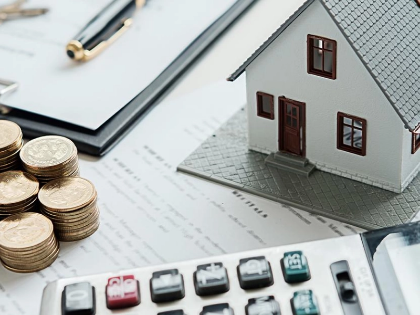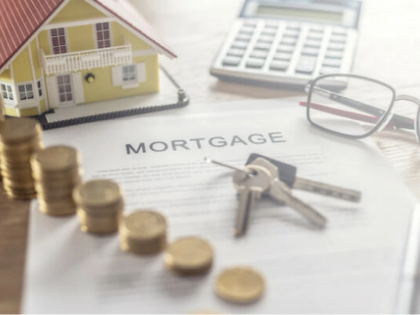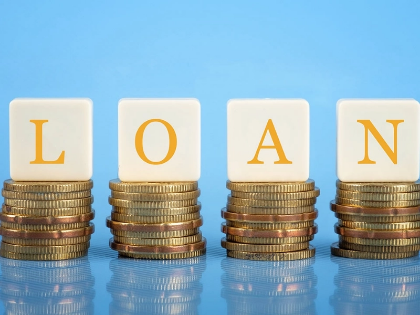Using Personal Loans to Unlock Your Financial Potential
When handled sensibly, a personal loan can be an effective instrument. Without requiring home equity, it can be used to finance home repair projects or pay off high-interest credit card debt. Personal loans, however, can become a burden that prevents you from achieving financial independence if they are misused. Knowing the ins and outs of personal loans can really help.
Credit Rating

Charges
 The origination and late costs associated with personal loans can raise your annual percentage rate, or APR. When researching loan alternatives, you should search for lenders that provide reasonable upfront fees along with competitive interest rates.
To be eligible for a personal loan, you must give the lender information about your income, debt management practices, and credit history. It is crucial to comprehend the terms of your loan and evaluate offers before applying, regardless of your purpose for applying—whether it is to make a significant purchase or pay off high-interest credit card debt. Compared to some other forms of finance, such as mortgages or vehicle loans, personal loans offer a lump sum of money along with flexible payback options and lower interest rates. Verify that the monthly payment aligns with both your spending plan and your budget. Take into account other lending options that can offer you the funds you require in a flexible timeframe. Credit cards, 401(k) loans, and home equity lines of credit are a few examples.
The origination and late costs associated with personal loans can raise your annual percentage rate, or APR. When researching loan alternatives, you should search for lenders that provide reasonable upfront fees along with competitive interest rates.
To be eligible for a personal loan, you must give the lender information about your income, debt management practices, and credit history. It is crucial to comprehend the terms of your loan and evaluate offers before applying, regardless of your purpose for applying—whether it is to make a significant purchase or pay off high-interest credit card debt. Compared to some other forms of finance, such as mortgages or vehicle loans, personal loans offer a lump sum of money along with flexible payback options and lower interest rates. Verify that the monthly payment aligns with both your spending plan and your budget. Take into account other lending options that can offer you the funds you require in a flexible timeframe. Credit cards, 401(k) loans, and home equity lines of credit are a few examples.
Rates of interest
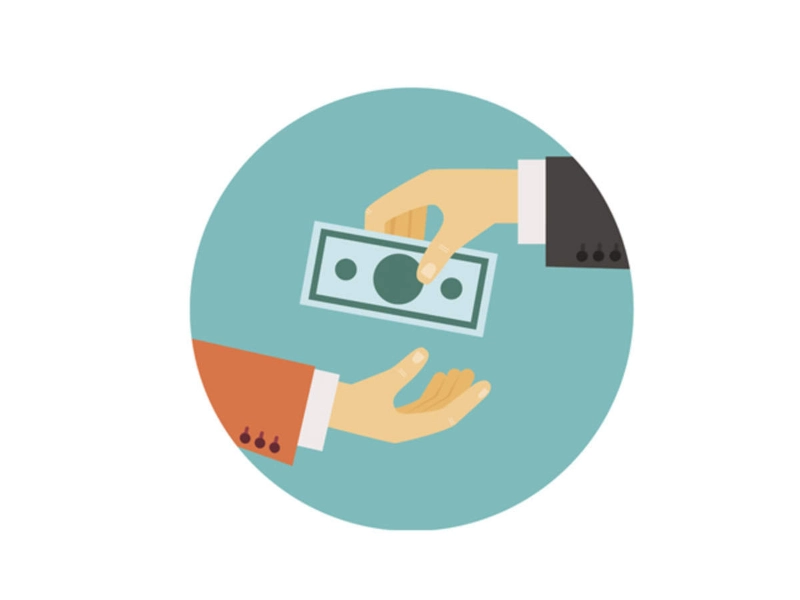 Revolving high-interest debt, like credit card bills, can be paid off with personal loans, which can enhance your credit scores and financial situation overall. Since they are installment loans as opposed to credit card loans, which are paid back revolving, the loans are settled in full.
Interest rates on personal loans can change based on your creditworthiness and the lender. They usually fall far short of credit card fees, though.
The fact that personal loans have variable payback terms of up to seven years is another important advantage. By doing this, you may find it simpler to keep track of your monthly expenses and prevent overspending. A personal loan can also diversify your debt load and demonstrate to lenders that you are a responsible enough borrower to manage a range of debts. That's significant since your handling of your revolving debt accounts for the majority of your credit score.
Revolving high-interest debt, like credit card bills, can be paid off with personal loans, which can enhance your credit scores and financial situation overall. Since they are installment loans as opposed to credit card loans, which are paid back revolving, the loans are settled in full.
Interest rates on personal loans can change based on your creditworthiness and the lender. They usually fall far short of credit card fees, though.
The fact that personal loans have variable payback terms of up to seven years is another important advantage. By doing this, you may find it simpler to keep track of your monthly expenses and prevent overspending. A personal loan can also diversify your debt load and demonstrate to lenders that you are a responsible enough borrower to manage a range of debts. That's significant since your handling of your revolving debt accounts for the majority of your credit score.
Conditions of the Loan
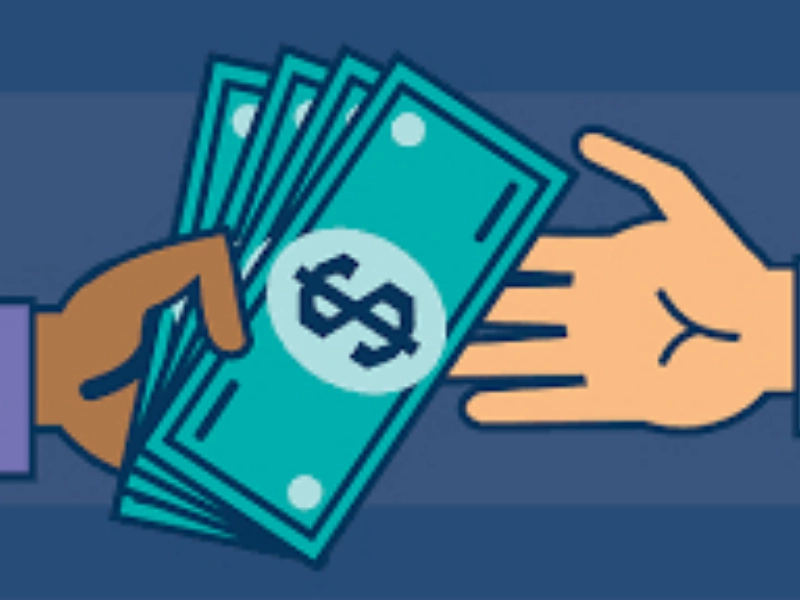 Compare rates, terms, and any costs before applying for a personal loan. The effect on your credit score is something else to think about. It is simple to apply, get prequalified, and get your loan funded swiftly with the help of many lenders. Online lenders are a practical choice for people who require rapid access to money because they can frequently process and deposit funds in as little as one working day.
Personal loans are frequently used for significant purchases like house renovations and debt reduction. Compared to making several payments on revolving debt and credit card balances that could fluctuate over time, a lump-sum payment with a fixed interest rate may be simpler to handle. A regular monthly payment schedule might also enhance your credit history and financial well-being. You should carefully consider whether the loan is necessary before taking on more debt, as this can have a negative impact on your ability to save for long-term objectives and emergencies. If so, make sure you appropriately manage your debt and only take on loans that you can afford to pay back.
Compare rates, terms, and any costs before applying for a personal loan. The effect on your credit score is something else to think about. It is simple to apply, get prequalified, and get your loan funded swiftly with the help of many lenders. Online lenders are a practical choice for people who require rapid access to money because they can frequently process and deposit funds in as little as one working day.
Personal loans are frequently used for significant purchases like house renovations and debt reduction. Compared to making several payments on revolving debt and credit card balances that could fluctuate over time, a lump-sum payment with a fixed interest rate may be simpler to handle. A regular monthly payment schedule might also enhance your credit history and financial well-being. You should carefully consider whether the loan is necessary before taking on more debt, as this can have a negative impact on your ability to save for long-term objectives and emergencies. If so, make sure you appropriately manage your debt and only take on loans that you can afford to pay back.
